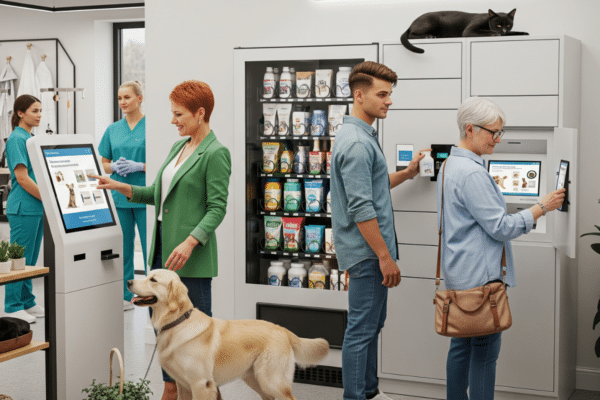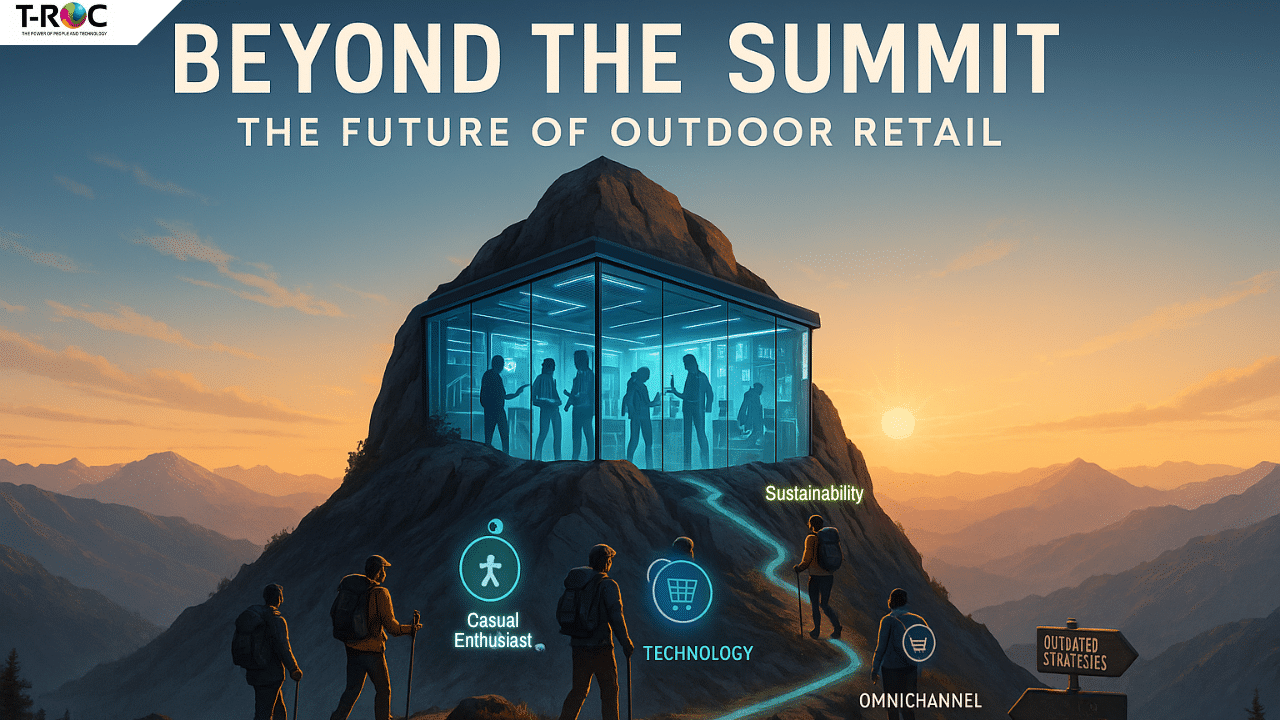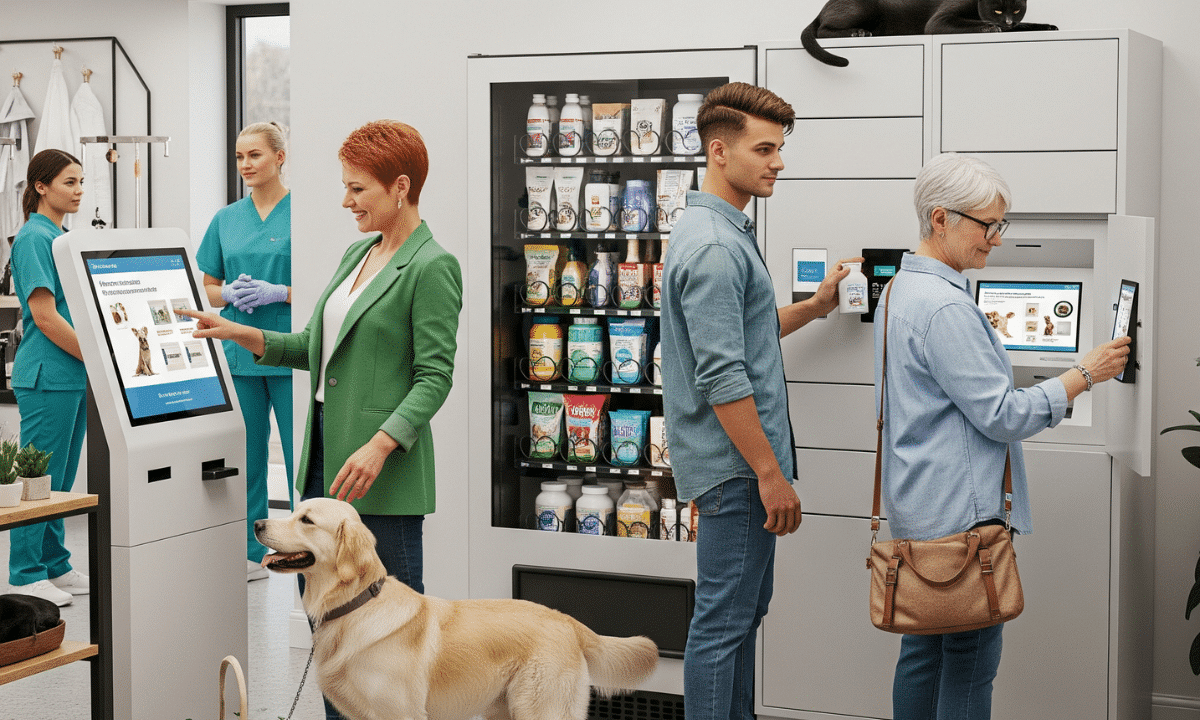
Prioritize retail cybersecurity to protect valued shoppers
It seems like every day in the news, we hear about cyberattacks and security breaches. It’s unnerving to companies, as well as customers who worry about their personal information being abused and misused in the wrong hands. All it takes is one breach to lose the trust of your valued customers, and ultimately, tarnish your brand’s name and reputation.
According to Accenture, 43% of cyberattacks are aimed at small businesses, but sadly, only 14% of businesses are prepared to defend themselves. No matter the size of the business, retailers should expect and anticipate that a breach/attack will happen to them at some point. Protecting your data and customers’ sensitive information is critical and should be a top priority in the fast-moving digital age.
The retail landscape has drastically changed in recent years, with a major move to e-commerce that only escalated during the pandemic. As more retailers constantly roll out new processes for in-store and online payments, along with digital shopping experiences on social media platforms like Facebook and Instagram, they become more vulnerable to hackers. And the more data retailers collect, the better the chance of a breach. The only way for retailers to combat cybercriminals in their stores and online is to take a multi-faceted approach.
Retailers should think of themselves as bodyguards, always working to protect their business and customers.
Stay ahead of the bad guys
As technology becomes more sophisticated, so do the hackers. To stay ahead of the bad guys, retailers must consistently reassess and update their security systems to incorporate new technology. While it may be overwhelming at first, as well as expensive, it pays off in the long run. According to insurance carrier Hiscox, digital incidents cost businesses $200,000 on average. You don’t want to play an even more costly game of catch-up after a breach; or suffer the biggest loss, which is trusted customers.
To stay ahead of cybercriminals:
- First and foremost, regularly update all security software and make sure updates are automatic.
- Constantly purge customers’ information, including data stored on mobile devices, kiosks and other end points that are accessible by staff and customers. Holding on to all that information puts you and your customers at a greater risk for malicious acts; and the longer you have it, the harder it is to safeguard that information.
- Prioritize the security of your point of sale (POS) system, which stores customer’s vital information like names, emails, credit card numbers and more.
- Keep an eye on third-party vendors. With so many retailers now using third-party services like PayPal and Apple Pay, retailers need to vet them by checking their security ratings and stay informed on their data protection efforts.
- Find the right fit for your company when it comes to cybersecurity providers who should be constantly checking for vulnerabilities. Businesses could also hire a chief information security officer that would oversee all aspects of data management and protection.
- Many times, it takes businesses days or even weeks to detect a breach or attack. Retailers should implement real-time cybersecurity tools and a system that reports glitches or bugs in their technology. If you’re alerted of technical issues early enough, you can manage them before the situation becomes dire.
Prevent internal breaches
Protecting your customers’ sensitive information also begins in-house and with your employees. It’s vital to control what employees can access, which could mean limiting them to only what they need for their daily tasks and banning the use of removable media like USB drives and personal laptops/computers at work. Also, employees should go through regular cybersecurity training, which could help them detect scammers who send phishing emails and enable them to correctly respond to fraudulent requests.
Employers should be in constant communication about the latest threats and trends, so employees know how to combat them. That could also look like yearly seminars where retailers and employees are taken through cybersecurity exercises meant to help recognize and stop breaches or attacks.
Lastly, plan for the worst. Every retailer should have a recovery plan in place should a cyberattack occur, including a communications strategy on how to handle the backlash.
As the digital world keeps evolving, so should your security practices.
To learn more about Brett Beveridge, his company, T-ROC Global, his awards, speaking opportunities and upcoming ForbesBooks launch, visit www.brettbeveridge.com.
The Revenue Optimization Companies (T-ROC Global) is home to four sales solutions companies that enable clients to fulfill all of their sales performance needs. The companies are: The Retail Outsource (TRO), Mobile Insight (MI), The Consumer Insight (TCI), and SYMBITS.
Reference: South Florida Business Journal








